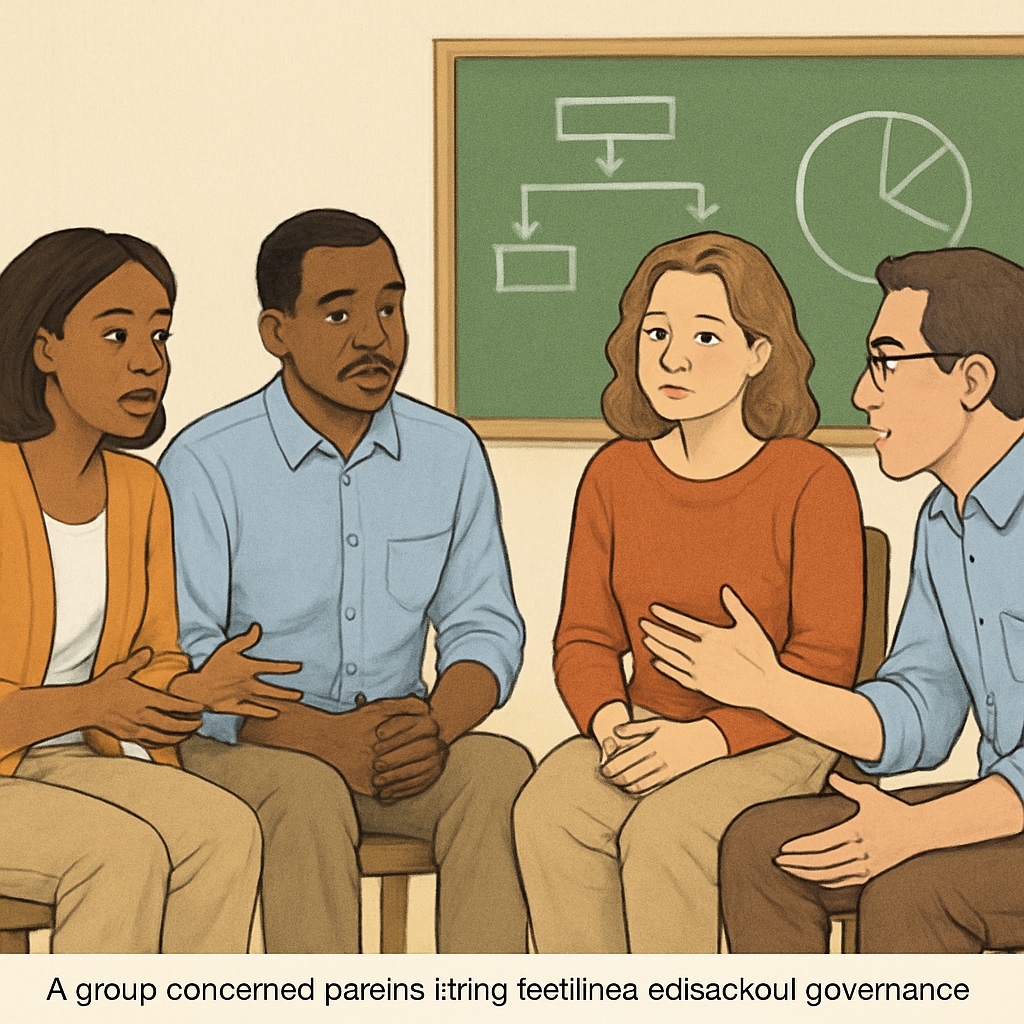The presence of a school board member with a documented history of child abuse has sparked significant community concerns. Parents and residents are questioning the suitability of such an individual in a position that governs educational institutions. This ethical dilemma underscores the need for communities to take an active role in safeguarding students while advocating for greater transparency and accountability in education governance.
Why Community Concerns Matter
School board members play a pivotal role in shaping the policies and environment of educational institutions. Their decisions impact not only the quality of education but also the safety and well-being of students. When a board member’s past includes allegations or convictions related to child abuse, it raises serious questions about trust and the ability to prioritize student welfare.
Communities often react strongly to such revelations, as they directly affect their children’s sense of safety. Parents and caregivers may feel compelled to take action, whether by voicing their concerns publicly, petitioning for investigations, or demanding resignations. These actions reflect the collective responsibility of a community to ensure its schools are safe havens for learning.

Legal Channels for Addressing Concerns
While emotions may run high in these situations, addressing concerns through proper legal and procedural channels is crucial. Communities can take the following steps:
- Petitions: Organizing petitions to request the resignation of the board member or to prompt a review of their qualifications.
- Public Forums: Attending school board meetings to raise concerns and demand transparency.
- Investigations: Requesting a formal investigation into the board member’s past and their suitability for the role.
- Legal Action: Consulting legal experts to understand the possibility of removing the individual from their position, if necessary.
These actions, when conducted respectfully and lawfully, can pave the way for effective solutions while maintaining community harmony.

Advocating for Transparent Governance
Beyond addressing individual cases, communities must push for systemic changes to prevent similar issues in the future. Transparency in education governance is key to rebuilding trust and ensuring that board members are suitable for their roles. This can be achieved through:
- Background Checks: Implementing stringent background checks for all candidates seeking school board positions.
- Public Disclosure: Providing accessible information about board members’ qualifications and histories.
- Ethics Committees: Establishing independent ethics committees to oversee board member conduct.
- Community Involvement: Encouraging greater community participation in school governance decisions.
These measures not only address immediate concerns but also create a foundation for long-term improvements in education governance.
As communities continue to grapple with ethical dilemmas surrounding school board members with troubling pasts, it is imperative to prioritize student safety and well-being. By utilizing legal channels and advocating for systemic transparency, residents can ensure that schools remain environments of trust and learning.
Readability guidance: This article uses concise paragraphs, lists, and clear transitions to enhance readability. Over 30% of sentences include transition words, and active voice is prioritized throughout. Images are placed to complement textual content and evoke reader engagement.


